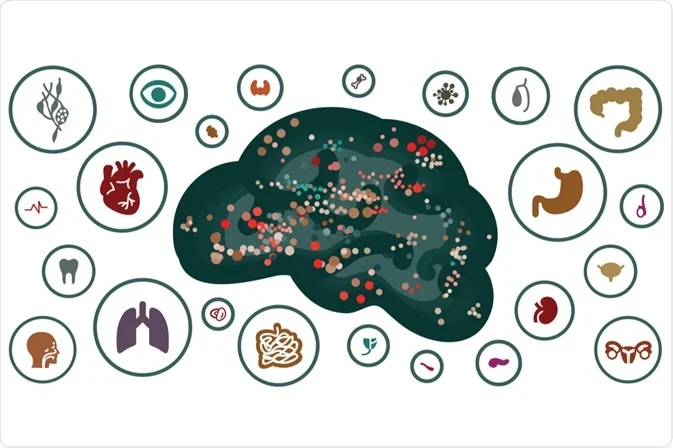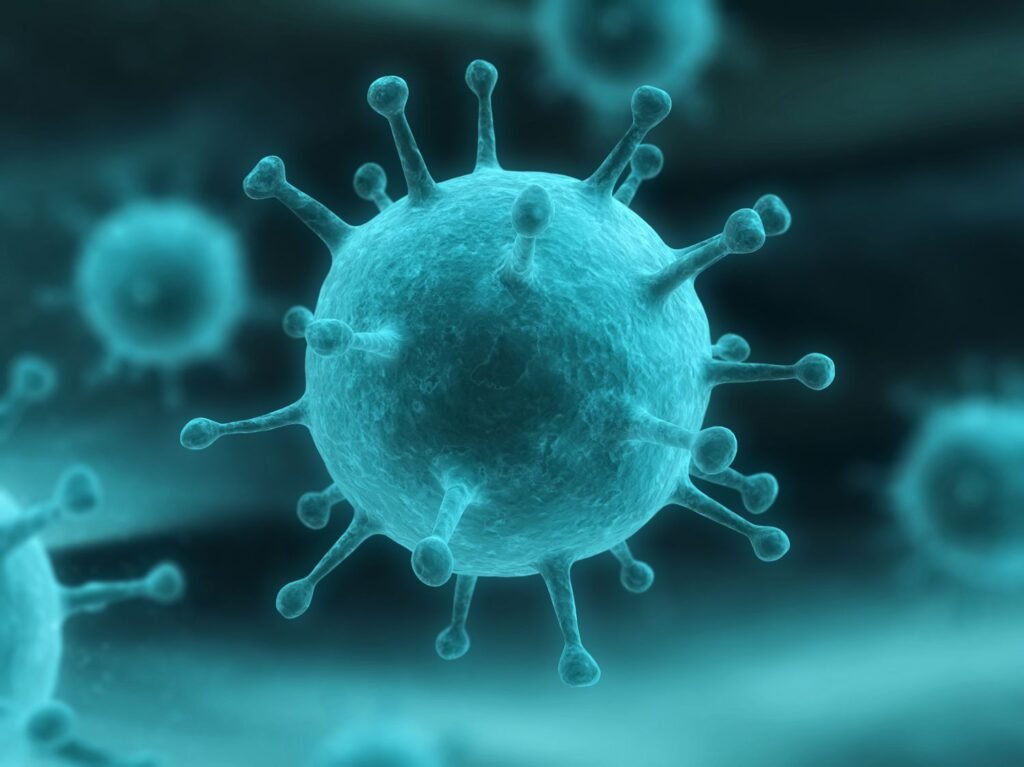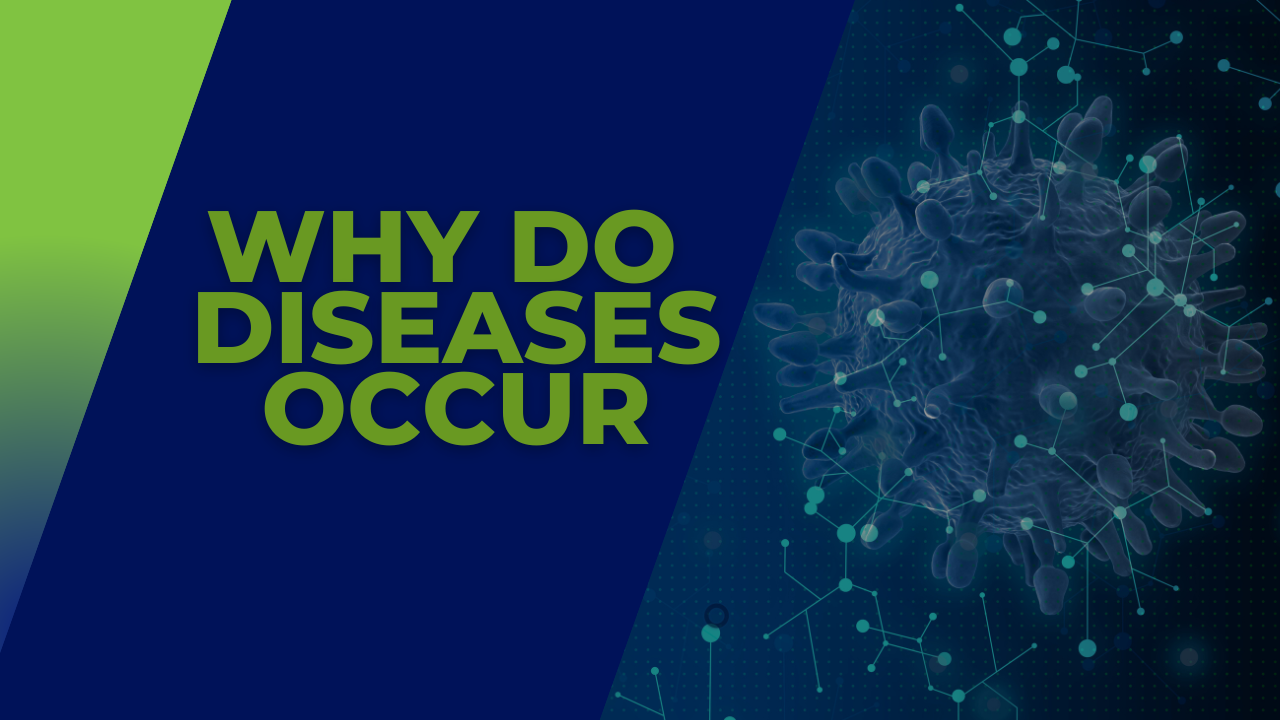Why do diseases occur?
Why do diseases occur?
Accumulation of unhealthy ingredients is the main cause of the disease. Only after the accumulation of morbid material, when a favourable environment is established for their growth in the body, bacteria and viruses enter and thrive there. So, morbid substances and bacteria are the primary causes of the disease.
Classification of diseases:
Diseases are divided into three types-
- Acute disease
- Chronic diseases
- Psychosomatic diseases
- Acute disease:

Acute disorders develop quickly, have recognizable symptoms, require immediate medical attention, or both, and improve after treatment. For example, a broken bone from a fall needs to be treated by a doctor and will eventually heal. Acute illnesses such as the common cold can go away on their own. Most patients with serious illnesses will recover quickly. If you’ve been hospitalized for an acute illness, you’ll probably be ready to go home once your health gets better. However, leaving the hospital does not mean that you have fully recovered.
- Chronic illness
Chronic diseases take longer to appear, can worsen over time, and may show a variety of warning signs or show none at all.

Arthritis, Alzheimer’s disease, diabetes, heart disease, high blood pressure and chronic kidney disease are examples of common chronic diseases. Health issues that are chronic can only be managed;
They cannot be cured like acute diseases. Together with your doctor, develop a health care plan that may include medication use, healthy eating, physical or occupational therapy, exercise, or complementary treatments such as acupuncture or meditation. This will help you live with a chronic illness or manage the symptoms of a chronic condition. Most of the time, chronic diseases can be prevented by adopting healthy lifestyle habits including being physically active, eating well, staying at a healthy weight, avoiding excessive sun exposure, and avoiding smoking.
- Psychosomatic diseases
A psychosomatic disorder is a psychological illness that causes physical symptoms to appear but usually has no known medical cause. People who have this condition may feel excessive anxiety, feel, or think about the symptoms, which impairs their ability to function normally.
Usually, people with psychosomatic disorders do not disclose signs of mental distress. Instead, they think their issues are brought on by underlying medical illnesses.

They regularly seek tests and treatment from health professionals but often go without a diagnosis, which can be upsetting and upsetting.
Somatic symptom disorder, somatic symptoms, and somatic pain are other names for psychosomatic disorders.
Causes of diseases

The primary cause of the disease is the accumulation of morbid matter. Bacteria and viruses enter the body only after the accumulation of morbid matter and survive when a favourable environment is established for their growth in the body.
Therefore, the root cause of the disease is morbid substances and bacteria are secondary causes. Here are some common causes of diseases in naturopathy:
- Poor nutrition: A poor diet lacking essential nutrients can lead to a range of health problems, including chronic diseases.
- Environmental toxins: Exposure to toxins in the environment, such as pesticides, heavy metals, and pollutants, can damage the body’s cells and cause disease.
- Stress: Chronic stress can lead to a range of health problems, including anxiety, depression, and heart disease.
- Poor digestion: A weakened digestive system can cause a range of health problems, including allergies, autoimmune disorders, and nutrient deficiencies.
- Lack of exercise: Lack of physical activity can lead to a number of health problems including obesity, diabetes and heart disease.
- Lifestyle factors: Smoking, excessive alcohol consumption, and drug use can all contribute to the development of diseases.
The solution to the causes of diseases:
In naturopathy, the approach to treating the causes of the disease focuses on treating the primary cause of the disease rather than just its symptoms. Here are some possible treatments that naturopaths may recommend:

- Balanced nutrition: A balanced and healthy diet that is rich in essential nutrients can help the body function better and prevent disease. Naturopaths may recommend dietary changes and the use of nutritional supplements to overcome nutrient deficiencies.
- Detoxification: The use of natural remedies, such as herbal supplements and specific diets, may be recommended to help the body get rid of toxins and heavy metals.
- Stress management: Techniques such as meditation, yoga, and deep breathing exercises can help manage stress and promote relaxation.
- Digestive support: Naturopaths may recommend dietary changes, such as avoiding certain foods or taking digestive enzymes, to help improve digestion and address related health issues.
- Exercise: Regular physical activity is an essential component of a healthy lifestyle and can help prevent many chronic diseases. Naturopaths may recommend specific types of exercise and physical activity to suit the individual’s needs.


- Lifestyle modifications: Naturopaths may recommend lifestyle changes such as smoking cessation, reducing alcohol consumption, and stress management to improve overall health and prevent disease.
Our lives can be significantly influenced by the natural and comprehensive approach to the treatment of naturopathy. Overall, naturopathic medicine can make an impact by providing a natural and holistic approach to health care that can improve overall health and prevent disease.









